Using historical scholarship
There is a long tradition of history teachers using historical scholarship whether to shape their enquiry questions using real questions that academic historians pursued, to gain new knowledge for enriching lessons or simply to keep inspiring the passion that fired their first love of history so that they can display it to pupils in the classroom itself. A tradition within this is the curriculum component ‘Interpretations’ - a sustained fixture of England’s national curriculum for history since 1991 which has spawned its own tradition of shared practice, research and debate. If you want to find out specifically about ‘Interpretations of history’, where there will be much reference to historical scholarship, go to Interpretations. Read more
-

Narrative: the under-rated skill
ArticleClick to view -

New, Novice or Nervous? 154: Using historical scholarship in the classroom
ArticleClick to view -

Passive receivers or constructive readers?
ArticleClick to view -
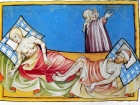
Period, place and mental space
ArticleClick to view -

Pipes's punctuation and making complex historical claims
ArticleClick to view -
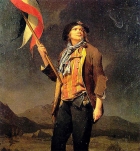
Polychronicon 150: Interpreting the French Revolution
ArticleClick to view -
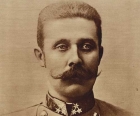
Polychronicon 155: Interpreting the Origins of of the First World War
ArticleClick to view -

Polychronicon 158: Reinterpreting Napoleon
ArticleClick to view -

Polychronicon 159: Interpreting Magna Carta
ArticleClick to view -

Polychronicon 160: Interpreting 'The Birth of a Nation'
ArticleClick to view -

Polychronicon 161: John Lilburne
ArticleClick to view -
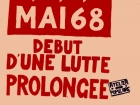
Polychronicon 162: Reinterpreting the May 1968 events in France
ArticleClick to view -

Polychronicon 163: Europe: the longest debate
ArticleClick to view -
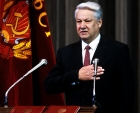
Polychronicon 164: The End of the Cold War
ArticleClick to view -
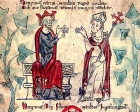
Polychronicon 170: The Becket Dispute
ArticleClick to view -
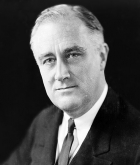
Polychronicon 177: The New Deal in American history
ArticleClick to view -

Promoting rigorous historical scholarship
ArticleClick to view -

Reading and enquiring in Years 12 and 13
ArticleClick to view -

Reading? What reading?
ArticleClick to view -

Rethinking progression in historical interpretations through the British Empire
ArticleClick to view

